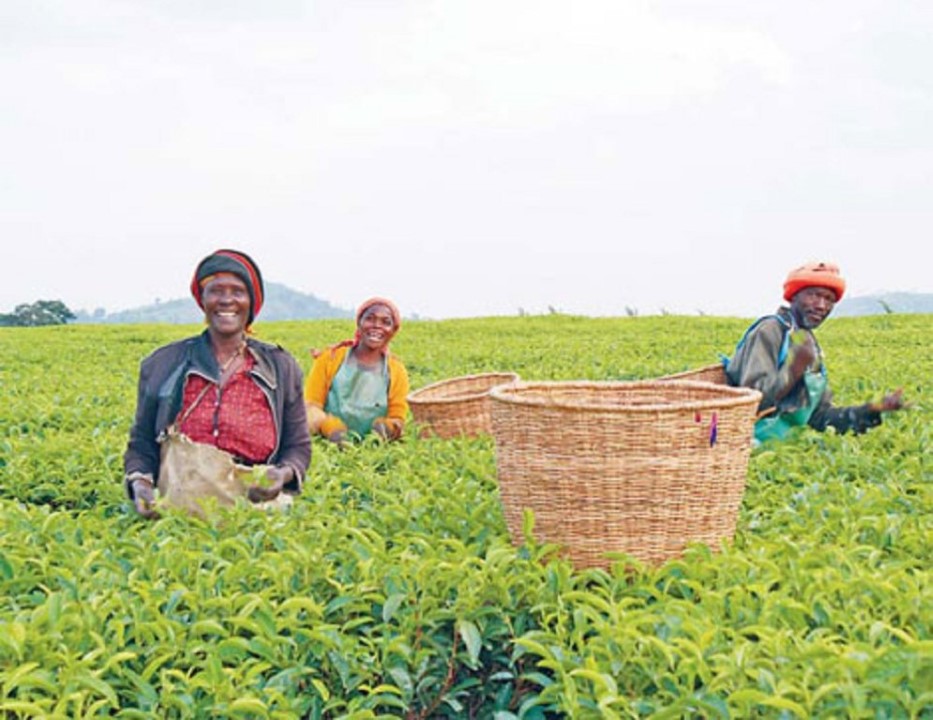Kenya’s economy contracted by 5.7% in the second quarter of 2020, from a growth of 5.3% in the same period in 2019, data from the Kenya National Bureau of Statistics (KNBS) indicates.
The main sectors of the economy that were hit hardest include accommodation & tourism, and the education sectors, recording declines of 83.3% and 56.2% respectively,
President Uhuru Kenyatta’s government imposed strict social distancing measures to contain the spread of the coronavirus pandemic, and schools were closed during the second quarter. Restrictions on bars, hotels and air travel were lifted late in July and September, and even so, activity is yet to pick up.
The overall performance was cushioned by growths in Agriculture, Forestry and Fishing activities which grew by 6.4%; Financial and Insurance activities, 1.7%; Construction, 3.9%; Real Estate Activities, 2.2% and Mining and Quarrying activities, 10.0%.
On the flipside, there were some biggest gainers in terms of sectoral contribution to gross domestic product (GDP). Agriculture rose by 2.9% points to 25.7% from 22.8% in the second quarter of 2019, while real estate and construction sectors rose by 0.7% and 0.6%, respectively from 8.3% and 5.5% recorded in the second quarter of 2019.
Kenya’s current account deficit dropped by 39.9% in the second quarter to $820 million from $1.3 billion in the same period in 2019. This came as a result of a fall in the exports of international travel and transport due to the travel restrictions imposed by the government.
Visitors arriving through the country’s two main airports, Jomo Kenyatta International Airport and Moi International Airport, in the second quarter declined by 99.5% to 1,800 people from 341,300 people in last year’s second quarter.
Despite this, diaspora remittances jumped 0.7% to $810 million from $800 million in the second quarter of 2019.
Kenya’s balance of payment deficit dropped to $440 million from $940 million last year due to the 36.7% decline in the financial account balance.
Financial analysts expect a stabilization in the business environment as the government has eased lockdown measures and increasing global demand for tea, coffee and horticulture (Kenya’s main exports).

